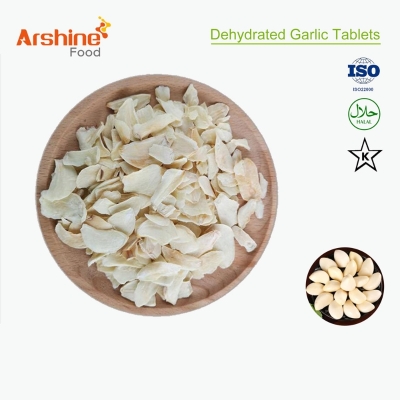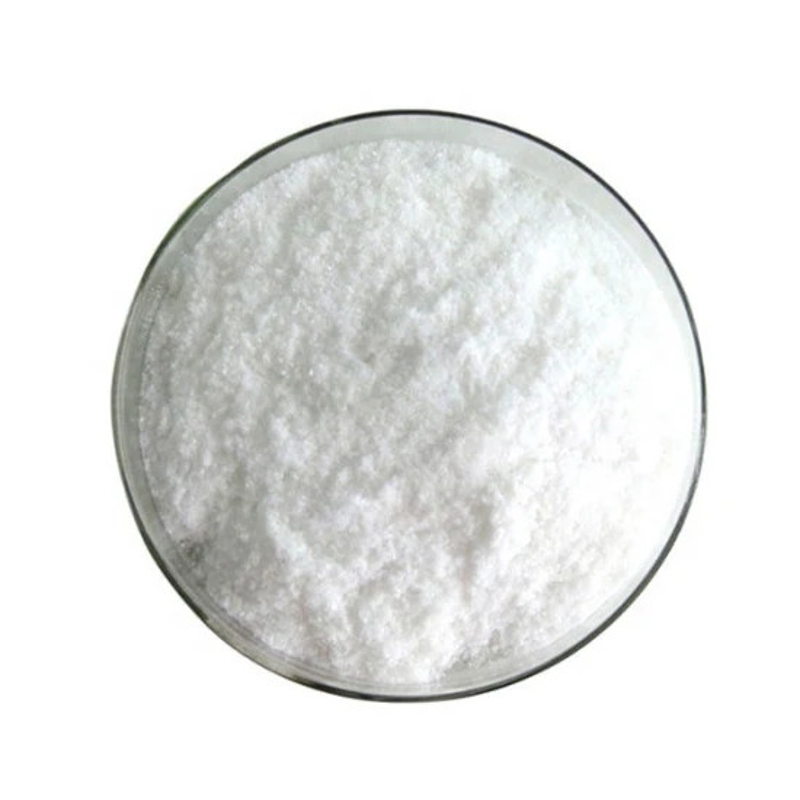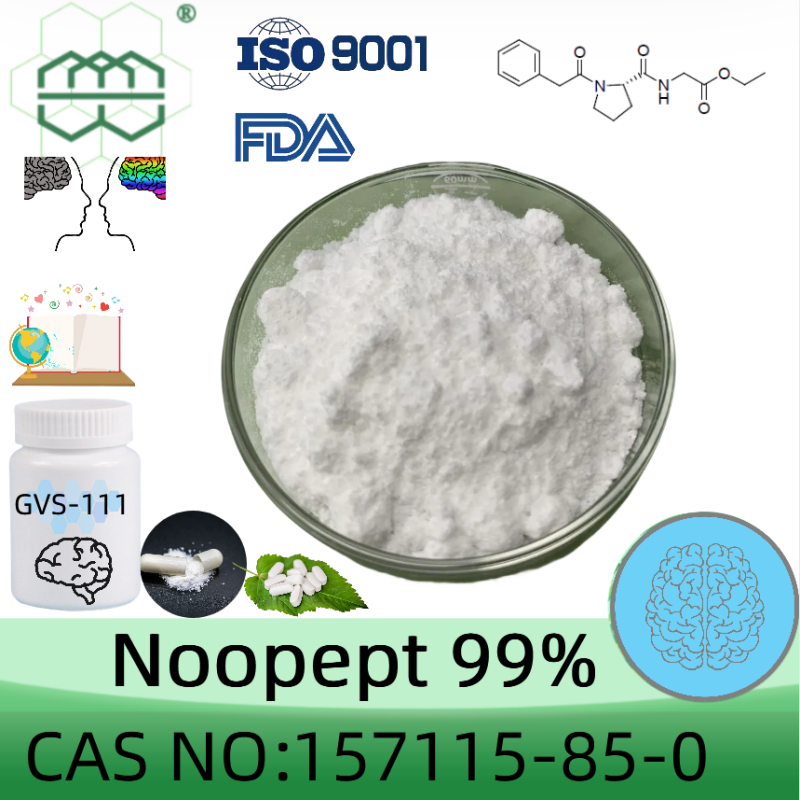-
Categories
-
Pharmaceutical Intermediates
-
Active Pharmaceutical Ingredients
-
Food Additives
- Industrial Coatings
- Agrochemicals
- Dyes and Pigments
- Surfactant
- Flavors and Fragrances
- Chemical Reagents
- Catalyst and Auxiliary
- Natural Products
- Inorganic Chemistry
-
Organic Chemistry
-
Biochemical Engineering
- Analytical Chemistry
-
Cosmetic Ingredient
- Water Treatment Chemical
-
Pharmaceutical Intermediates
Promotion
ECHEMI Mall
Wholesale
Weekly Price
Exhibition
News
-
Trade Service
The worst of the food price crisis faced by South African consumers may be over, with food inflation expected to peak at around 10% in July, said John Hudson, national director of agriculture at Nedbank, South Africa, according to a report on the 24-hour website of South Africa on August, the second half will slow down to an annual average of about 7.
Agricultural economist Tshepo Morokong said the food price index showed an upward trend in the first year of the Covid-19 outbreak and is still rising sharply toda.
The most affected commodities include oils, grains, dairy products, sugar and meat product.
The Ukraine crisis has also severely affected commodity prices such as wheat and sunflower oil, Hudson sai.
The prices of imported pesticides, fuels and fertilizers have risen sharply, and input costs for farmers have risen as supply chain disruptions have put pressure on the.
At present, the cost of key inputs such as fertilizers has fallen, and international commodity prices such as corn appear to have retreated, which may moderate food prices in South Afric.
consumer food price foodAgricultural economist Tshepo Morokong said the food price index showed an upward trend in the first year of the Covid-19 outbreak and is still rising sharply toda.
The most affected commodities include oils, grains, dairy products, sugar and meat product.
The Ukraine crisis has also severely affected commodity prices such as wheat and sunflower oil, Hudson sai.
The prices of imported pesticides, fuels and fertilizers have risen sharply, and input costs for farmers have risen as supply chain disruptions have put pressure on the.
At present, the cost of key inputs such as fertilizers has fallen, and international commodity prices such as corn appear to have retreated, which may moderate food prices in South Afric.







